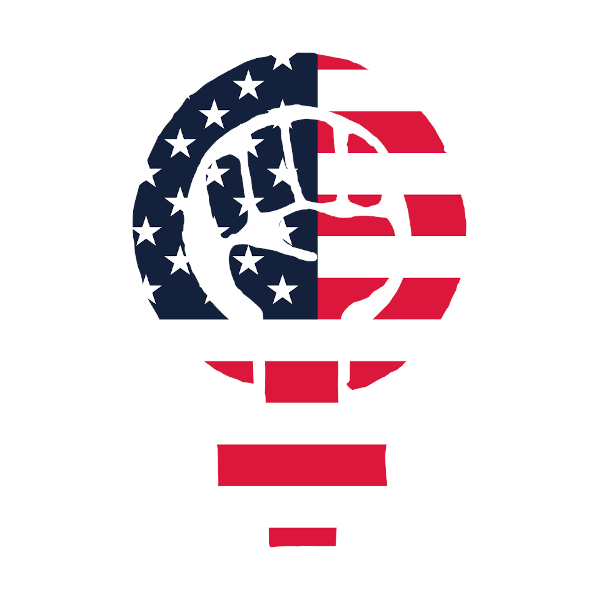

I come to a Pro-Choice position on the issue of abortion for a variety of reasons. Outlined below are the some of the reasons that I have found arranged from least compelling to most.
Utilitarianism aims at maximizing 'utility' or 'benefit'. Thus to support abortion from this standpoint it must be found to have utility that outweighs carrying to term for a particular reason. Like many people, I sometimes consider or base decisions or idealogical positions - at least in part - based on a utilitarian viewpoint.
Woman are 14 times more likely to die during or after giving birth than to die from an abortion. The facts are contrary to the narrative that abortion is a high-risk procedure. For a woman considering abortion the statistics are clear - abortion is safer than giving birth. As it is safer than carrying to term, abortion must remain an option for women to choose.
We don't need more people. We cannot sustain our current lifestyle at larger populations without further damaging the ecosystems and environment of the Earth. A woman choosing to abort helps to prevent further overpopulation and strain on limited resources. While a woman should never be compelled to have an abortion, she will be free to choose to do so.
Nearly three quarters of women cite reasons for an abortion as being the interfering with caring for dependents or inability to afford raising a baby at the time. Adding dependents in these situations threatens women with poverty or reduced wellbeing in general.
Another term for miscarriage is spontaneous abortion. The reasons for a miscarriage occurring are myriad and complex. At least some, however rare, miscarriages occur due to actions taken by the woman who miscarries. This would require us to investigate all miscarriages as potentially illegal abortions due to negligence or ill-intent on the part of the woman.
Experiencing a miscarriage is often a troubling and trying time for the woman and often her partner or her family. Adding a legal investigation on top of this would be a huge burden and stress on someone who is already suffering. Yet without pursuing these investigations we would not truly be adhering to the ideological position that human life starts at conception. Such a stance would require us to begin a potential homicide investigation for every miscarriage otherwise we'd be acting from a position of massive hypocrisy.
The size, power, and invasiveness of such a policing body and State is nearly unimaginable as well as rife with opportunities for corruption and persecution. A situation of being that is undesirable on nearly every front.
Almost 90% of abortions occur during the first trimester of pregnancy. Nearly all occur prior to 21 weeks of pregnancy. The complex coordinated brain activity that forms the requirements for consciousness do not form until 24-25 weeks into a pregnancy. That is, no sooner than the end of the second trimester could a fetus possibly be conscious or aware.
It is important to note that this is when the possibility of consciousness is physically present, not that consciousness has actually formed. Less than 1% of abortions occur during the third trimester, the earliest a fetus could possibly be conscious or aware. Many of these 'late-term' abortions occur due to fetal problems or problems for the health of the woman carrying the fetus.
The conclusion one can draw here is that outside of the rare third trimester abortion, the vast majority occur during a period when the fetus is an unthinking, unconscious, entity - quite literally just a collection of tissues. While one could make an argument that we should consider banning or restricting abortions during the third trimester when a fetus could potentially be conscious or aware, no such argument applies during the first two trimesters of pregnancy.
The strongest, and I would argue final argument, is one of bodily sovereignty. That is, the right of a human to control their own body and how it is used.
No person can currently be compelled to provide access to their body or organs to another person. A parent cannot be compelled to donate a kidney to a dying child, for example. One cannot even be compelled to provide tissue such as a blood donation.
The uterus is simply one more such organ. While it is unfortunate for the fetus, it will not live without access to the uterus, the woman cannot be compelled to provide it just as the example parent from above cannot be compelled to donate use of their kidney.
Human beings have sovereignty over the use and access to their own bodies. We are ultimately rulers over ourselves. A woman's right to choose to end her own pregnancy must remain protected for her bodily sovereignty to be realized.